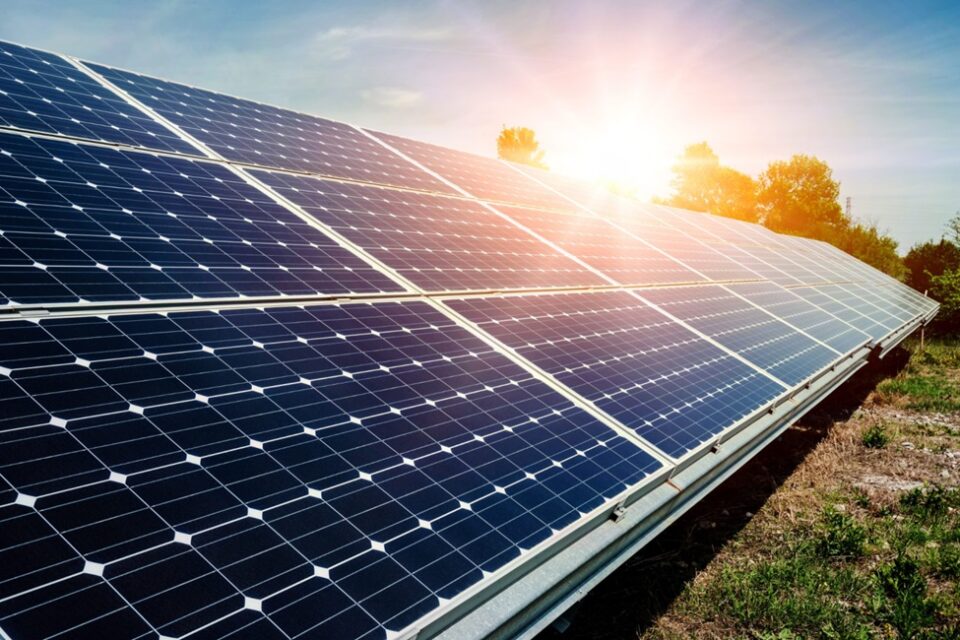For those interested in harnessing solar energy, optimizing the efficiency of solar panels is crucial. The angle and orientation of your solar panels can significantly impact their energy production capabilities. Understanding how to position your panels effectively is essential for maximizing their output and ensuring you get the most from your investment. This guide, enhanced by insights from SolarMe NJ, will cover the critical factors affecting solar panel positioning and introduce tools like solar angle calculators that help determine the best setup for your specific location.
Understanding the Importance of Solar Panel Angle and Orientation
Solar panels receive the most sunlight when they are directly facing the sun. Therefore, the angle and orientation of the panels are critical to capture the maximum amount of solar energy possible throughout the day.
- Angle: This refers to the tilt of the panels, which depends on your latitude and the season.
- Orientation: This is about the direction that the solar panels face. In the Northern Hemisphere, solar panels typically perform best when facing south.
Factors Influencing Solar Panel Positioning
Several factors should be considered when determining the optimal placement of your solar panels:
- Geographic Location: The amount of sunlight your area receives naturally affects how you should position your panels.
- Local Weather Patterns: Areas prone to high levels of snowfall or rainfall might require a steeper angle to help keep panels clean and unobstructed.
- Obstructions: Nearby trees, buildings, and other structures can cast shadows on your panels, affecting their performance.
Step-by-Step Guide to Calculating the Best Angle and Orientation
Calculating the optimal angle and orientation for your solar panels involves several steps:
Step 1: Determine Your Latitude
Your geographic latitude is a starting point for calculating the best angle for your solar panels. Panels should be tilted at an angle equal to your latitude during the spring and autumn equinoxes for optimal sun exposure.
Step 2: Adjust for Seasons
- Summer: Tilt your panels at an angle that is 15 degrees less than your latitude to maximize exposure to the high summer sun.
- Winter: Increase the tilt by 15 degrees from your latitude to capture the lower winter sun.
Step 3: Consider the Sun’s Path
Use a solar pathfinder or similar tools to understand the sun’s path across your specific location, and adjust the panel orientation to ensure the panels face the sun for the majority of the day.
Step 4: Use a Solar Angle Calculator
For a more precise setup, use tools like the one provided by Calculating the Best Angle for Solar Panel. These tools take into account local solar data, geographic location, and other factors to provide a tailored recommendation for panel positioning.
Tips for Implementing Panel Adjustments
- Seasonal Adjustments: Consider adjustable mounts that allow you to change the angle of your panels seasonally.
- Monitoring and Maintenance: Regularly check your panels to ensure they remain clear of debris and shade, as even small obstructions can significantly reduce efficiency.
- Professional Assessment: If unsure, consult with a solar energy expert who can provide a detailed analysis based on your home’s environment and roofing structure.
Enhancing Solar Panel Efficiency with Proper Positioning
By understanding and implementing the best practices for solar panel angle and orientation, homeowners and businesses can significantly enhance the efficiency and output of their solar energy systems. Optimal positioning ensures that your panels generate the maximum amount of energy, reducing your reliance on traditional power sources and increasing your return on investment. Whether you are planning a new solar installation or looking to improve an existing system, taking the time to calculate the proper angle and orientation can lead to substantial benefits in energy efficiency and cost savings.

